More than 220 sunburn cases in NI hospitals: how to protect your skin
The Week looks at the best tips to beat the heatwave and cut the cancer risk
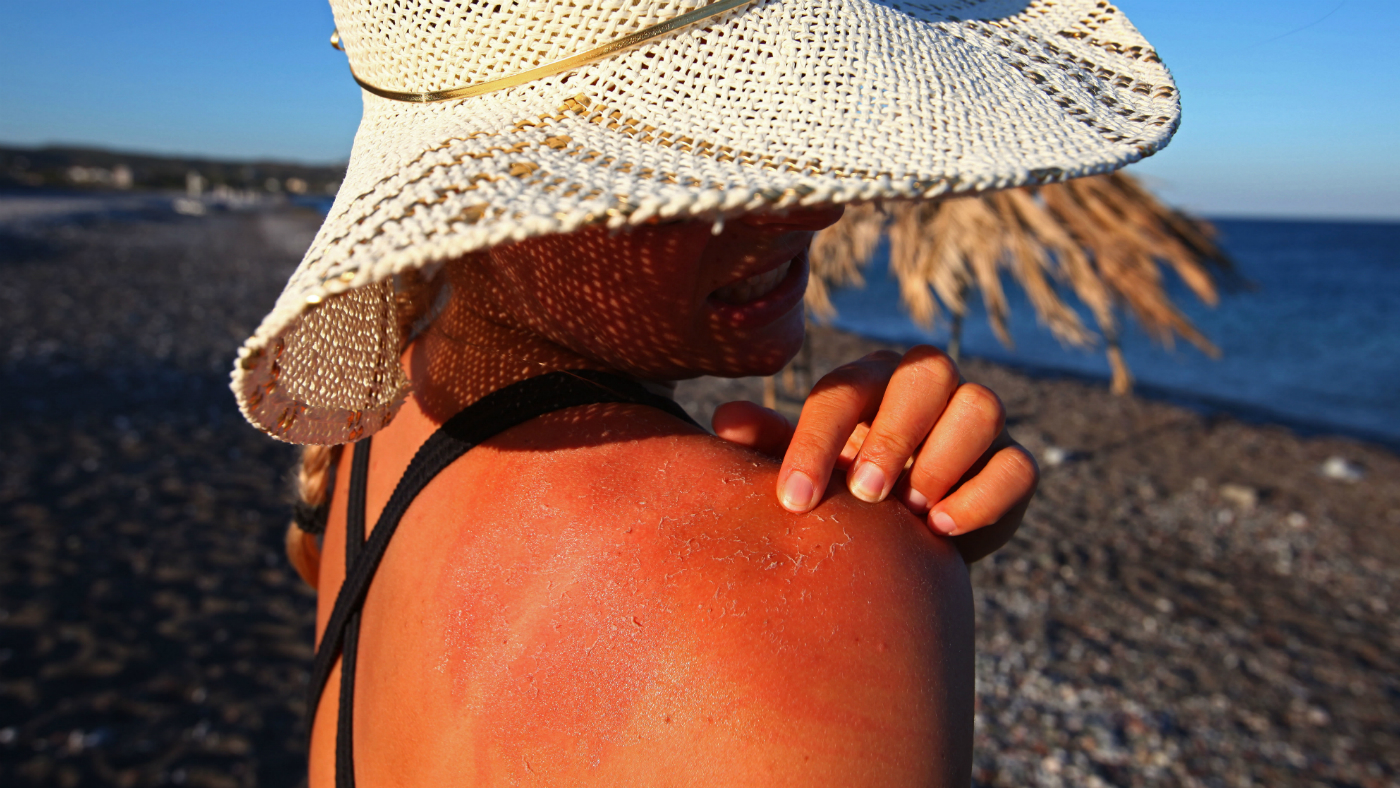
A free daily email with the biggest news stories of the day – and the best features from TheWeek.com
You are now subscribed
Your newsletter sign-up was successful
More than 220 people have been treated for sunburn in Northern Ireland hospitals during this summer’s heatwave, newly published statistics reveal.
According to the Health and Social Care Board (HSCB), the Belfast Trust recorded the highest number of patients requiring treatment for sun-related issues, at 69.
Like much of the rest of Britain, NI has “experienced an unprecedented period of prolonged warm weather”, and temperatures have hit near-record highs, says the BBC.
The Week
Escape your echo chamber. Get the facts behind the news, plus analysis from multiple perspectives.

Sign up for The Week's Free Newsletters
From our morning news briefing to a weekly Good News Newsletter, get the best of The Week delivered directly to your inbox.
From our morning news briefing to a weekly Good News Newsletter, get the best of The Week delivered directly to your inbox.
On 19 June, the mercury reached 30.1C in Castlederg, County Tyrone, and 29.3C in Derrylin, County Fermanagh.
With more sunny weather expected, how can you protect your skin from sunburn?
What are the risks?
“Being active and having fun outside is good for our health,” said the Public Health Agency’s Denise McCallion, the BBC reports. But she warned that just a few minutes’ exposure to sunshine is usually enough to top up vitamin D levels, while the Sun’s rays can cause permanent skin damage if precautions are not taken.
A free daily email with the biggest news stories of the day – and the best features from TheWeek.com
“Just one episode of sunburn, especially in childhood, doubles the lifetime risk of malignant melanoma, the most serious form of skin cancer,” said McCallion.
At least seven people have also been treated for severe sunburn in Wales in weeks. Clare Baker, a matron at the Swansea-based Welsh Centre for Burns and Plastic Surgery, told the broadcaster: “These are deep thermal burns which we are dealing with, very severe sunburn. These types of burns develop large blisters, cause extreme pain and can affect mobility because movement is restricted by damage to the skin.
“Patients with deep thermal burns need specialist dressings, and face weeks of appointments to get those dressings changed.”
How do I treat sunburn?
After-sun lotion may also do more damage than good, according to The Independent, which says it may be a wise idea to opt for an aloe vera gel instead.
“After-sun formulas tend to have rich, thick consistencies containing oils which create an emollient barrier on top of the skin, trapping in the heat in the upper layer of the epidermis and exacerbating the inflammation and ‘burn’ feeling on your face,” skincare expert Michaella Bolder told the news site.
“Plus, many over-the-counter after-suns will contain chemicals and/or fragrance. This will just irritate the damaged skin,” she added.
By contrast, the remedial properties of aloe vera have been recognised for centuries, said Lorraine Scrivener, director of London-based Eden Skin Clinics.
Aloe vera has an “immediate cooling effect” on the skin, she explained, and is best applied in the form of gel. “While gels allow heat to escape from the skin, thicker creams that have been designed to lock in moisture could in turn trap heat within the skin,” Scrivener added.
Is the UK a sunburn hotspot?
“Most people think about sunburn as something that just happens on holiday or in hot, sunny places. But the sun is often strong enough to burn at home in the UK,” says the Cancer Research UK website.
“And it doesn’t have to be a sunny day either - UV can be strong even on cloudy days,” the charity adds.
Experts recommend referring to the UV Index, a useful tool that measures the strength of the sun’s UV rays. UV Index forecasts for different parts of the UK are available from a variety of weather forecasting websites, including that of the Met Office.
The Sun’s UV rays are generally strongest between about 11am and 3pm.
“When the UV Index is 3 or more, the sun is strong enough to cause sunburn, so take care,” says Cancer Research UK. The site adds that if you don’t have access to the index, “all you need to do is to look at your shadow – if it is shorter than your height, this means that the Sun’s UV rays are strong”.
-
 Local elections 2026: where are they and who is expected to win?
Local elections 2026: where are they and who is expected to win?The Explainer Labour is braced for heavy losses and U-turn on postponing some council elections hasn’t helped the party’s prospects
-
 6 of the world’s most accessible destinations
6 of the world’s most accessible destinationsThe Week Recommends Experience all of Berlin, Singapore and Sydney
-
 How the FCC’s ‘equal time’ rule works
How the FCC’s ‘equal time’ rule worksIn the Spotlight The law is at the heart of the Colbert-CBS conflict
-
 The truth about vitamin supplements
The truth about vitamin supplementsThe Explainer UK industry worth £559 million but scientific evidence of health benefits is ‘complicated’
-
 Covid-19 mRNA vaccines could help fight cancer
Covid-19 mRNA vaccines could help fight cancerUnder the radar They boost the immune system
-
 Deadly fungus tied to a pharaoh's tomb may help fight cancer
Deadly fungus tied to a pharaoh's tomb may help fight cancerUnder the radar A once fearsome curse could be a blessing
-
 'Poo pills' and the war on superbugs
'Poo pills' and the war on superbugsThe Explainer Antimicrobial resistance is causing millions of deaths. Could a faeces-filled pill change all that?
-
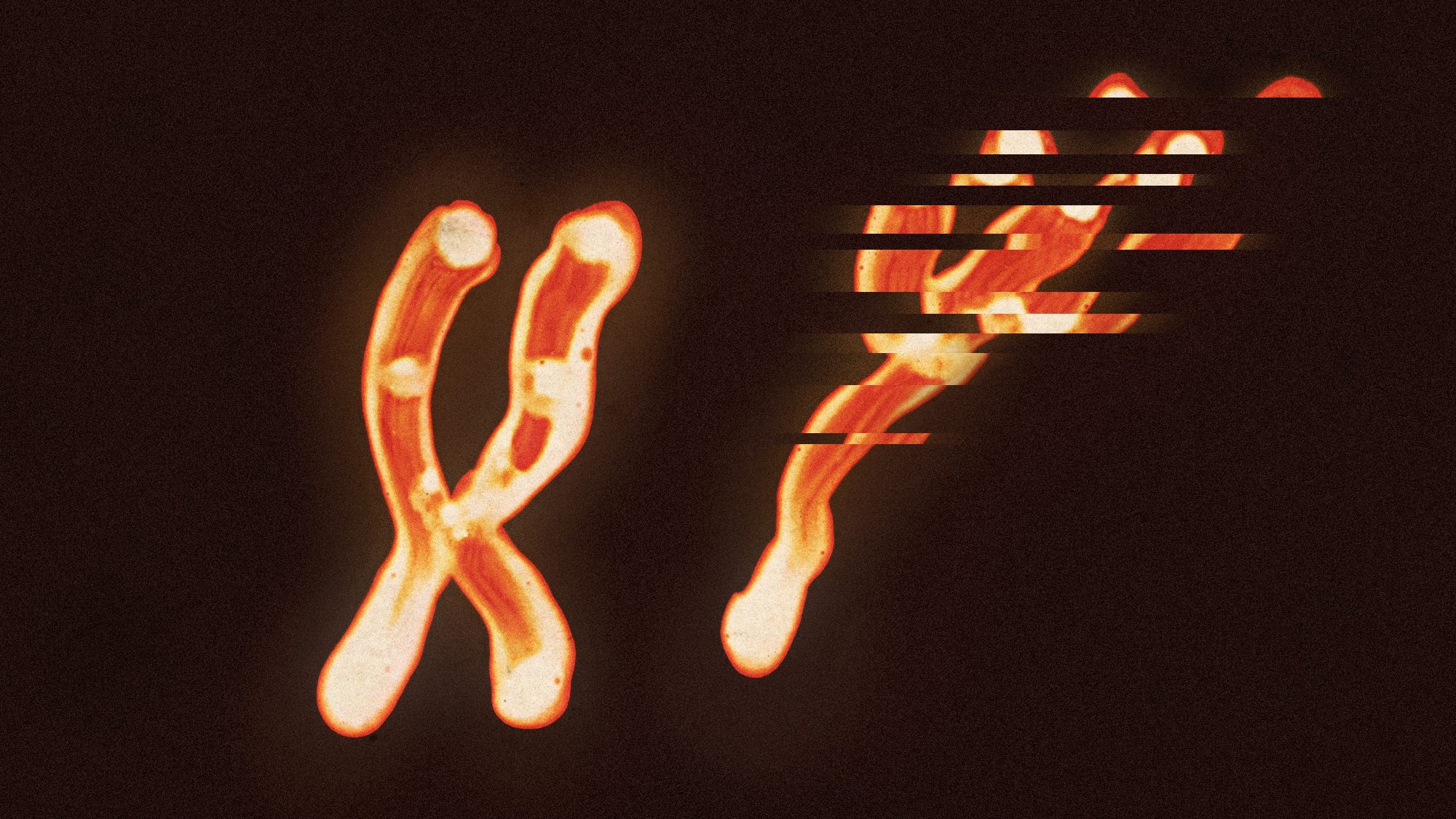 The Y chromosome degrades over time. And men's health is paying for it
The Y chromosome degrades over time. And men's health is paying for itUnder the radar The chromosome loss is linked to cancer and Alzheimer's
-
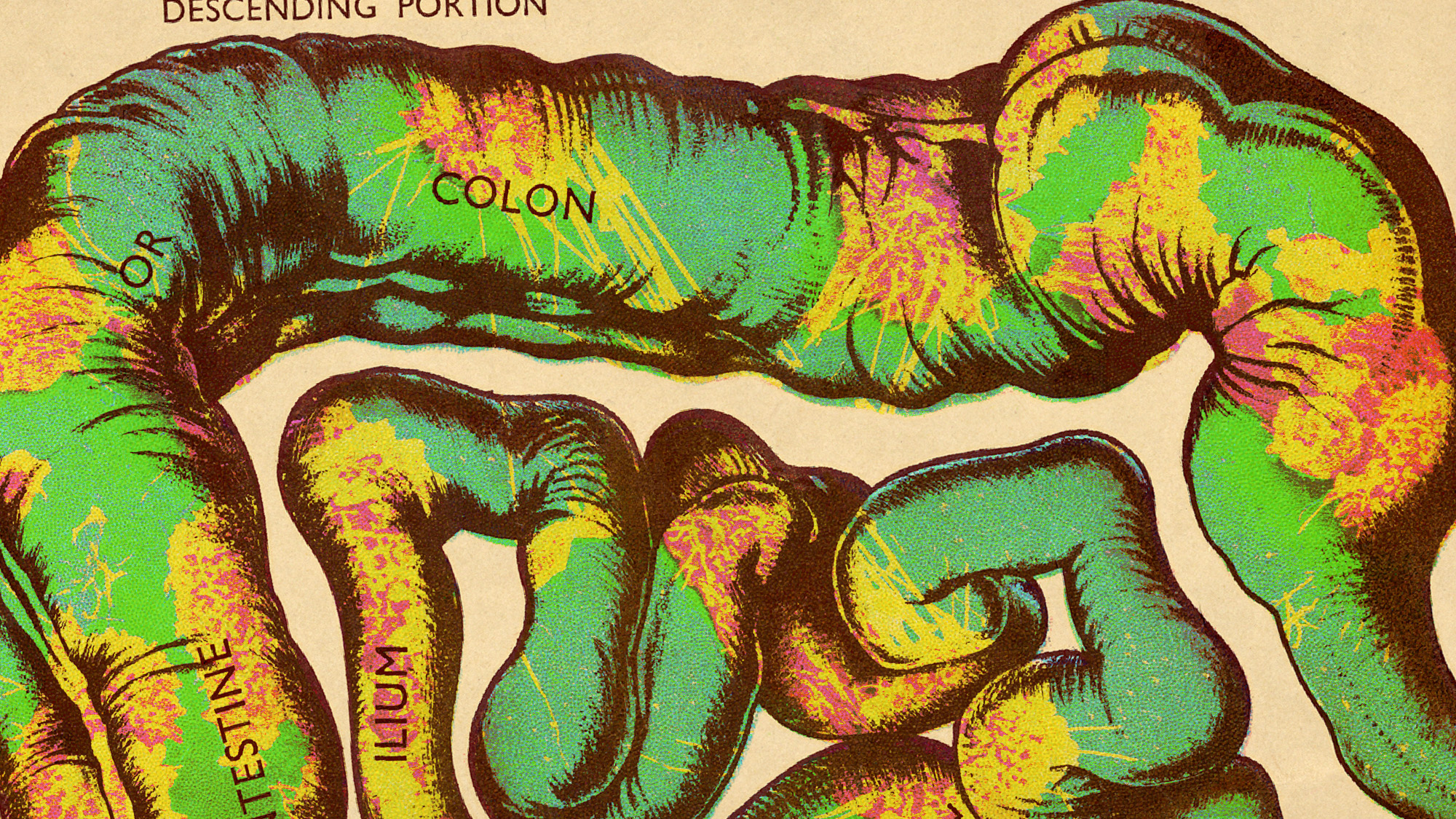 A bacterial toxin could be contributing to the colorectal cancer rise in young people
A bacterial toxin could be contributing to the colorectal cancer rise in young peopleUnder the radar Most exposure occurs in childhood
-
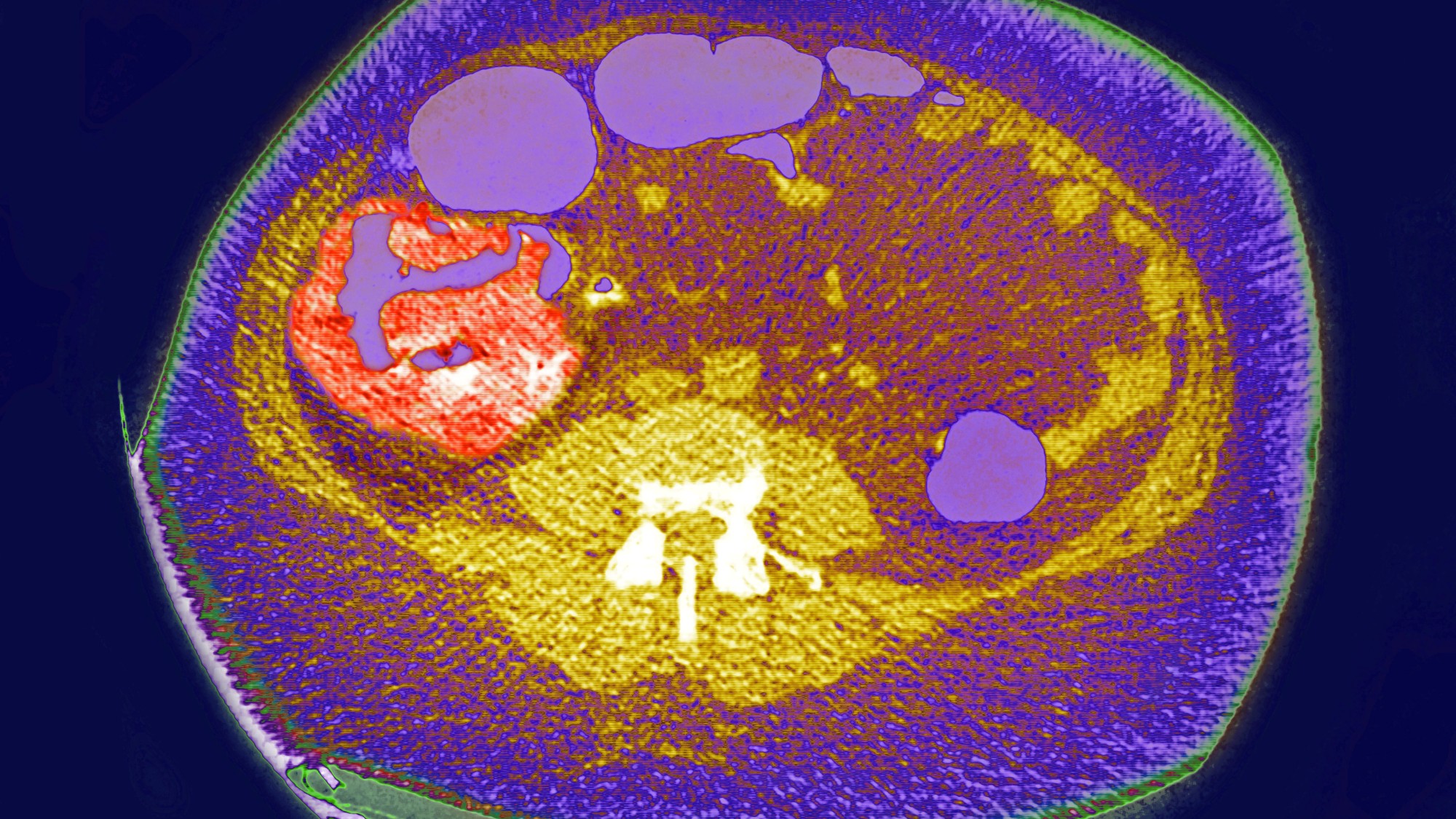 Why are more young people getting bowel cancer?
Why are more young people getting bowel cancer?The Explainer Alarming rise in bowel-cancer diagnoses in under-50s is puzzling scientists
-
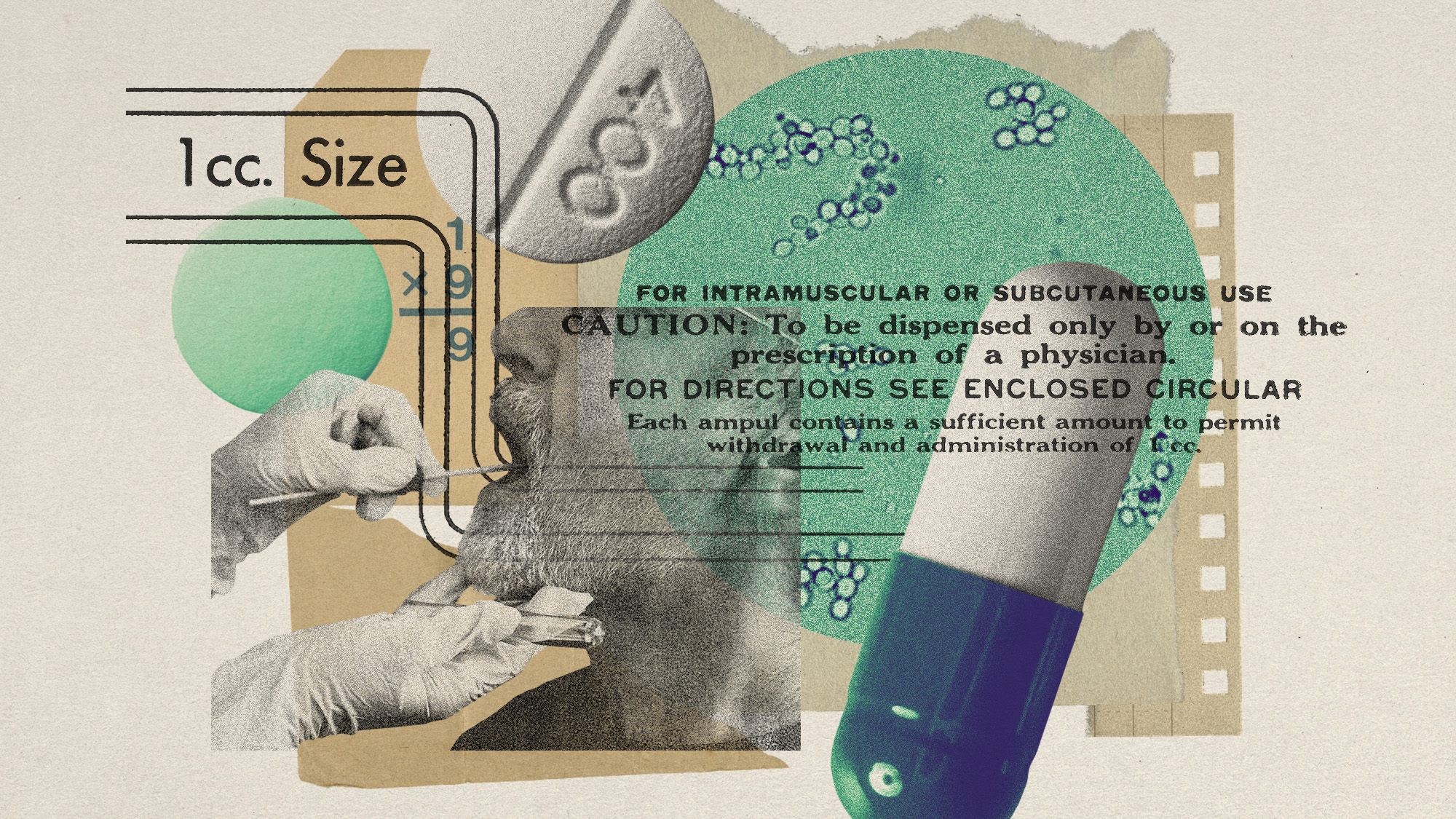 Five medical breakthroughs of 2024
Five medical breakthroughs of 2024The Explainer The year's new discoveries for health conditions that affect millions